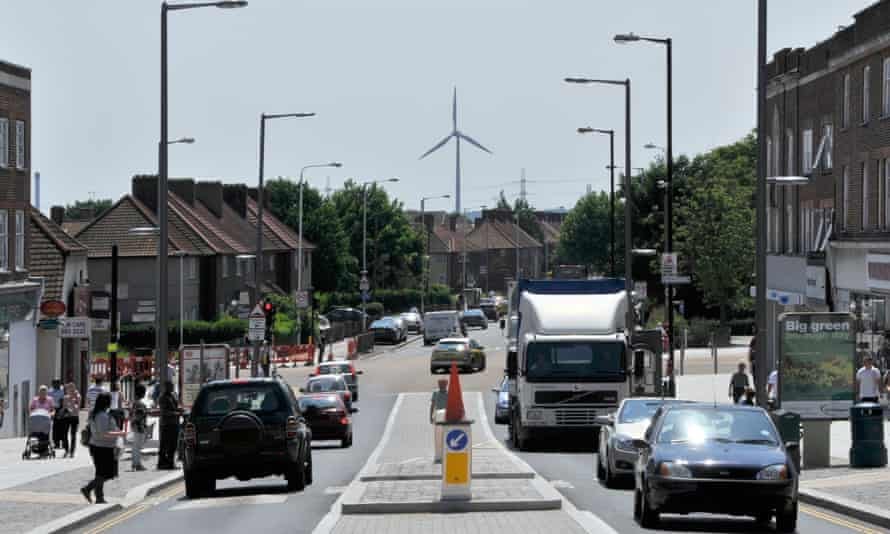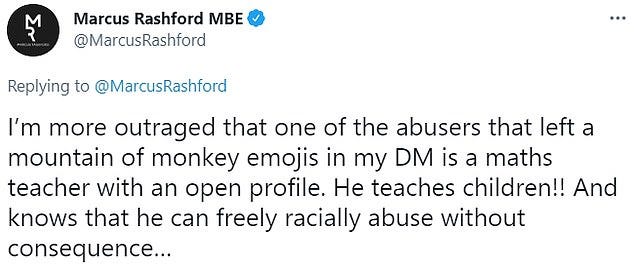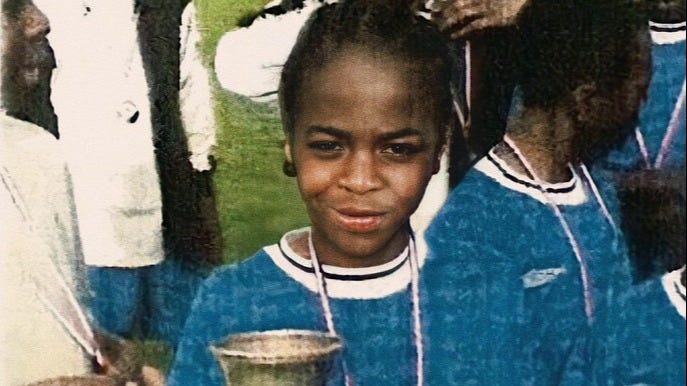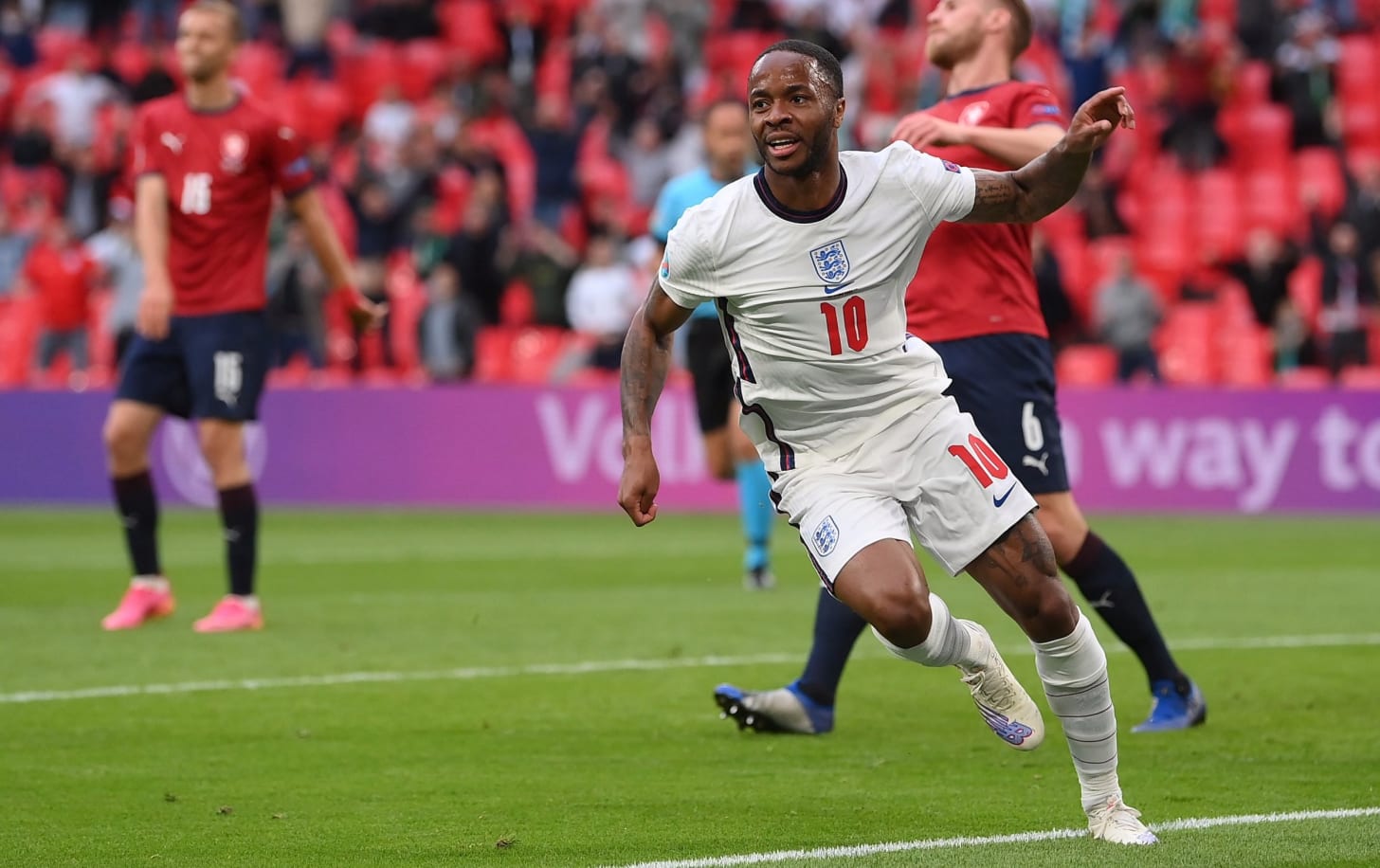Football: A Home for Vocal Racism
Wider England’s discontent with the knee in football.
I’m sure most can relate to this feeling of embodying an expected version of yourself, when outside of the confines of where you’re most comfortable.
Even the most authentic person enacts a slightly muted iteration of their true self, as a result of the social norms and rules of the context they’re in. After a long day of managing this polished, professional, ‘normal’ self, you’ll go home, change into the comfiest outfit you can find, have a good meal and relax. In this familiar environment, home, you’re free to act and do as you please. You might eat food with less decorum in your living room alone, than you would in your workplace’s canteen. The examples could continue incessantly, but you get the point.
In a similar way, there is a feeling that football acts as this comfortable, facilitating home for the action of racism by racist people. In domains of everyday public life, the racist ‘England’ wears the costume of the polished, professional, normal self. Even if they disagree with the idea that they could be racist, many are aware that, if vocalised, their views would result in criticism, social ramifications and ostracisation in many settings of society. In these contexts, racism still remains rife; numerous people of colour will express this sentiment when questioned, but racism here is expressed insidiously, covertly, institutionally. For these people, their ‘social’ homes are where they are comfortable to express the harmful beliefs of racism and xenophobia. Football seemingly being one of these homes is problematic.
England’s national team faced Romania in a warm-up game, in preparation for the Euros. As has become a familiar sight in English football, the country’s finest footballers took a knee as a visible symbol of the message that black lives matter. Romania’s national team, in solidarity, took the knee in support for the anti-racism movement, for the first time, and yet bizarrely both sets of players and staff were greeted by a cacophony of boos. Football on the biggest stage here acts as a sort of theatre, amplifying this microcosm of wider England into every household’s living room, onto every TV in the country. What sort of message does this project?
In some living rooms, there may be a chuckle, before a wry comment is injected praising the spectators for their vocal protest; about how marxist politics has no place in our beloved football. Contrarily, in the home of a third-generation black British child, who dreams to be the next footballing superstar, to represent the only nation he’s truly known on the biggest stage, there is the realisation that the country, at least the representatives of it from within the stands, are seemingly outwardly against the message that black lives within Britain matter. A detrimental expression that doesn’t limit itself to the self-identity of the black British child, but it is important to consider those representing England this summer for a moment. This is something Southgate, manager of England, acknowledged, expressing how the boos felt as though they were a criticism of the black players, who hold blackness as entirely central to their being, identity, life.
Football’s racism is simply an amplification of what exists in society. Now this is not an affirmation of the opinion that racism is not a problem in football and that it is only a societal one. That remains a false dichotomy that aims to rid football from any of the political implications that undoubtedly exist within it. Rather racism exists throughout society, but its expression is unique and often more overt within the sport.
Football as a widely adopted sport, expansive and accessible for wider Britain, lends itself to being a platform where these widespread harmful expressions of discontent towards minority groups and immigrants are seen. We can draw upon the history of Britain’s political landscape briefly to highlight this.
Barking and Dagenham, the BNP, Brexit and Austerity:
In 2006, there was an unprecedented swing in the borough of Barking and Dagenham. The far-right British National Party had won twelve seats and were the second biggest party in the council that year, behind Labour. Central to this borough was the Ford factory, which employed 40,000 of the borough’s 120,000 residents.
In 2002, Ford’s factory stopped production resulting in a significant proportion of the population being made redundant. With the skilled white working-class leaving the borough following the closure of the factory, only the lesser-skilled workers remained. These aforementioned factors lead to a reduced sense of community and pride. Struggles financially and socially were exacerbated in the midst of this hardship and political parties failed to address the community’s concerns. Barking and Dagenham, as a cheaper area outside of central London following this also drew many of the poorer non-white population in at the same time skilled white workers left.
The BNP used this changing demographic to fuel an agenda that individuals embraced. A narrative that conflated all of these socioeconomic factors into one that attributed blame towards minority ethnic populations. Without the work of the Ford factory, without the problem of unemployment being addressed, with more costly housing and with reduced public sector fundings, there was and continues to be a real deprivation.
Yet the flawed narrative goes that deprivation of resources is the fault of immigrants or those who people see as immigrants, and the Government are able to slip past the towering figure of accountability like 18/19 Gini Wijnaldum under a high press.
“There's a lack of affordable housing because it's not built by government and they sold off the stock. There's a lack of secure jobs because of de-industrialisation and the failure to replace it with secure jobs that sustain people's families and comfortably. Public services are under strain because of government cuts. Living standards falling because of government policies because of the hammering of the trade unions. There's no evidential base to say that’s to do with immigration in Stockport because what immigrants are they talking about.” - Owen Jones
This idea exists too, in the the context of Brexit. I’m sorry, this is a piece about England, Brexit’s mention was inevitable. People have been deprived of resources as a result of many years of austerity policies enacted deliberately by the government, manifesting in record low funding in public services, spanning across healthcare, housing and infrastructure.
Comparatively, countries across Europe spend more on healthcare, tax more effectively and ultimately address the gross inequality with more urgency. Unassuming minority groups have become the face of blame for the struggles Britons face.
“Britain’s vote to leave the EU was the result of widespread anti-immigration sentiment, rather than a wider dissatisfaction with politics” - May Bulman (citing British Social Attitudes)
In reality, the social climate should be reframed as the deprived being neglected by the Government rather than the currently pervasive narrative of immigrant populations in Britain being at fault.
The examples offer a contextual backdrop upon which phenomena seen in football can be analysed. It is clear that non-white populations within Britain are continually vilified, but it is important to note that these harmful beliefs are firstly, pervasive throughout the population, not limited to football but expressed brazenly in this setting. And secondly, these harmful beliefs are held by government officials, exacerbated by the misattribution of blame and policies enacted by the state (seen above).
Through the Lens of Sport:
These themes also exist in the realm of football. Following the UEFA Europa League final loss, Rashford was subject to considerable racist abuse, with one of the perpetrators being a Maths teacher. A man who possesses the responsibility of protecting and educating 30 young children each day, with a vital role as a representative and servant of society, holds vehement views about people of a particular race. Here it is not the archetypal caricature of the football hooligan but a teacher; a foundational cornerstone of society.
Since the Romania game, there has been a wider attempt from England’s fans to cheer over the boos and in the moment, that is a welcomed, well-intentioned action. But the cheers don’t rid the existence of the boos, they merely plaster over their existence.
The vocal disapproval, often explained through a sort of straw-man interpretation of the movement, is problematic. It facilitates the sociability that allows those with anti-anti-racism views to feel free and confident to express these views. The players, managers, and clubs have clearly expressed the intention of taking the knee as an anti-racism and awareness action, without links to the supposed Marxist agenda or BLM as a political group, in interviews and official open-letters. In this way, it seems to be unusual that those attempting to write the narrative of the experience of racism are often those who haven’t experienced it.
Football is a domain that affords ethnic minorities a place on the centre stage, a standing in society often out of reach for these groups. Many footballers come from socioeconomic backgrounds of deprivation and struggle, conditions that are not conducive to allowing millions to listen to your words and appreciate your actions. But when this is the case, allowing them to express their personal experiences is a wonderful thing.
Rashford’s experience of relative childhood poverty and hunger fuelled the flame that eventually pressured the leader of the country to reinstate free school meals that ended up feeding hungry children across the country. Rashford changed lives.
Raheem Sterling…‘the boy from Brent’ and his experience with racial abuse partly inspired the various, admirable anti-racism campaigns that have been acknowledged through his recent acceptance of the MBE.
It is a wildly unique situation in that so many are able to listen to these voices on such a public scale and it is something that should be championed. Elevation of the typically unheard voices of society should be promoted wherever possible.
When footballers express what their campaigns are working towards, the voices of those such as Conservative MP Lee Anderson are of less importance. Anderson refuses to watch England following their kneeling, once again interpreting the movement as something it refuses to be; a cosign for an undermining of Britain through Marxism.
But the knee isn’t an expression formed and attached solely to BLM as a political group. Taking the knee has acted as a peaceful gesture of awareness and protest before the tragic death of George Floyd. The ostracisation of Kaepernick as he took the knee a few years ago comes to mind. We can reflect upon Martin Luther King’s taking of the knee in 1965 too.
Cricket legend Michael Holding gracefully reflects on the topic and its interaction with sport.
“When you hear people saying BLM is Marxist, some of those people don’t even know who Karl Marx is or what he stood for. But they tell you that because they are trying to pull down the movement of BLM.
I have no idea who started the political movement or who started the website. I care about the three words: Black. Lives. Matter.” - Michael Holding
It would be difficult to write a conclusion more succinct than Holding’s words here. The intention of the action has been made clear. It is well-intentioned and for it to be performed on a stage as visible as football is brave and necessary.
Southgate’s firm, holistic leadership is to be admired. In his The Player’s Tribune piece, he talks about the necessity for individuals to consider their impact on society. These voices, especially in football, can have a considerable impact on society.
“I have never believed we should just stick to football. We must give [our players] the confidence to stand up for the things that matter to them as people.” - Gareth Southgate
Footballers aren’t simply vessels to entertain the public, they exist as people with their own experiences outside of the game. The ongoing discussion of race and social inequality that has persisted throughout the competition so far will probably continue, but amidst the actions that seek to address some of the inequalities black people within England face, ironically it is Raheem Sterling who shines brightest for England.
The England winger who has campaigned against racism: whilst being the most racially abused player in the league, whilst being unfairly attacked by the British press and whilst been abused by fans across the country since he was a teenager, is the only player to score for England in the tournament so far.
Questions around Sterling’s inclusion continue to be unfounded and underserved. He has played the protagonist’s role perfectly as England’s best attacker so far. It is the goals of Raheem Sterling MBE that have sent England into the knockout stages. Goals that have been celebrated with enthusiasm similar to that of the booing of the knee, by the same individuals.
A black man and the one most associated with services to racial equality, taking England’s national team through. Isn’t that something? Raheem Sterling and company; these are the faces of England in 2021.










